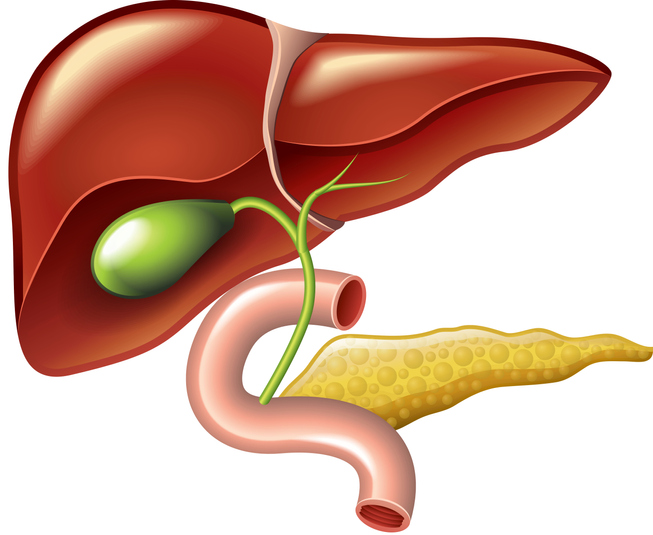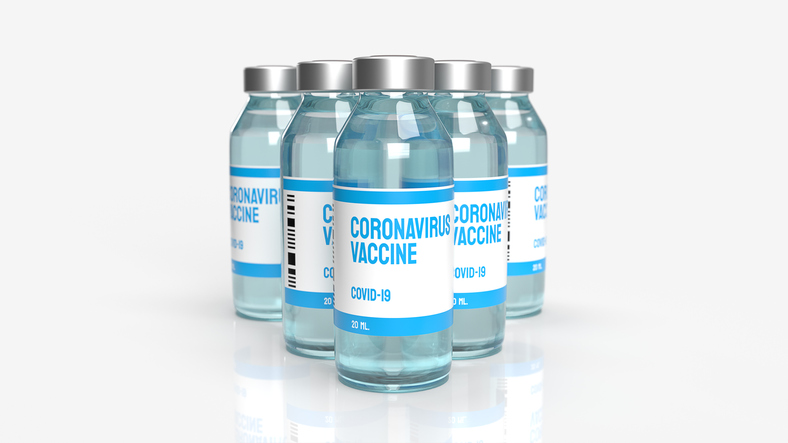“A three-drug combination for a certain form of cystic fibrosis (CF) not addressed with other therapies met its efficacy and safety endpoints in a phase III trial, researchers said.
Elexacaftor, tezacaftor, and ivacaftor (Trikafta) together improved forced expiratory volume in one second (FEV1) and lowered chloride levels in sweat in CF patients with Phe508del-gating or Phe508del-residual function genotypes, relative to a control regimen of ivacaftor either alone (Kalydeco) or with tezacaftor (Symdeko), reported Peter J. Barry, MD, of Manchester University NHS Foundation Trust in England, and colleagues in the New England Journal of Medicine.”
Read more, here.








